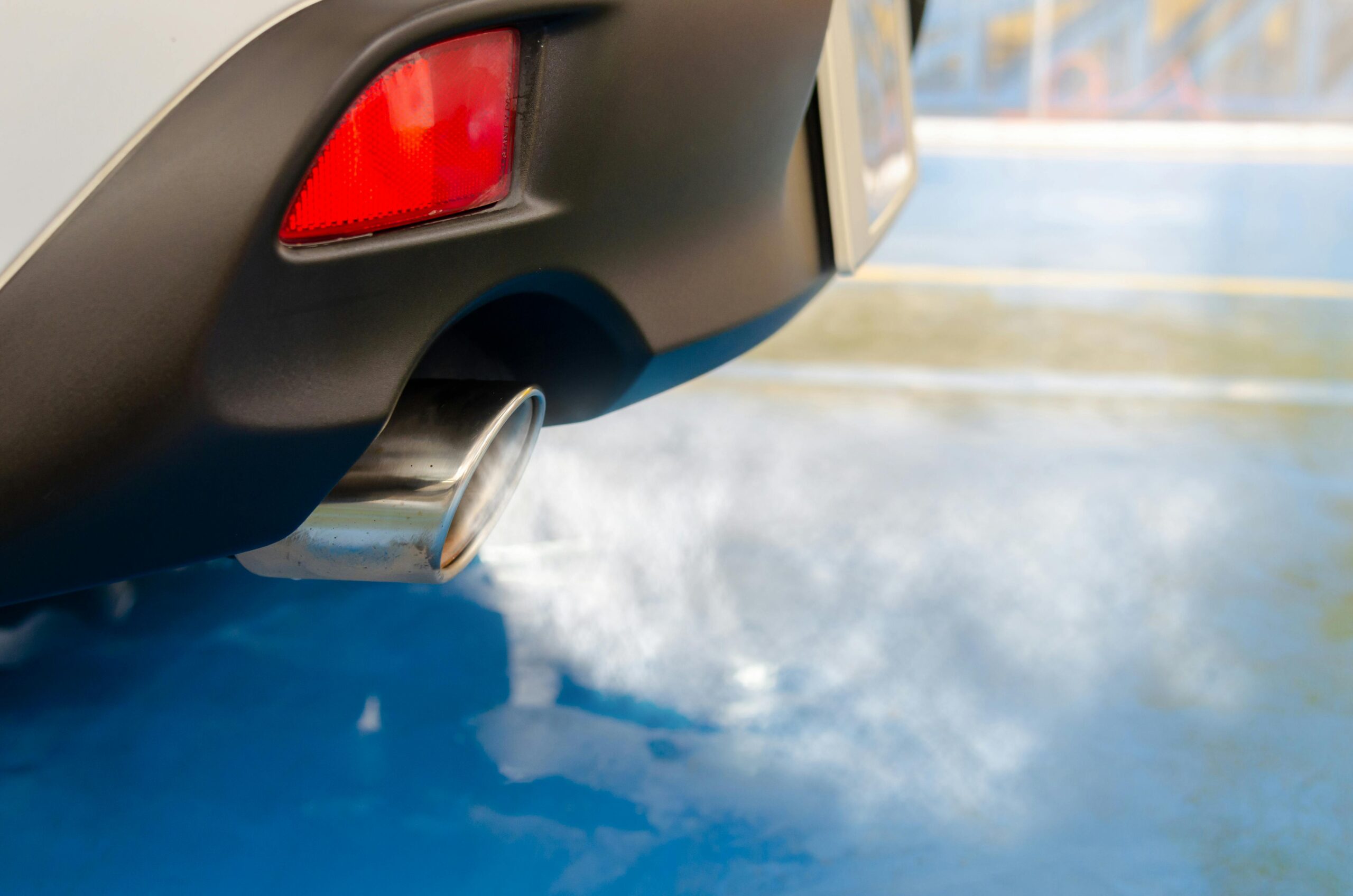A study by the association Respire highlights air pollution concerns around schools in Nice, despite improvements. The Metropolis defends its actions and points to a decrease in emissions over several years.
The association Respire published a study on air quality around schools in the Provence-Alpes-Côte d’Azur region. According to its findings, air pollution remains a concern for Nice schoolchildren, even though progress has been made. The metropolis of Nice defends its actions and emphasizes the limitations of the study.
Respire’s investigation is based on measurements taken in 2023 around 2,800 educational institutions in the PACA region. The association analyzed the levels of nitrogen dioxide and fine particles PM 10 and PM 2.5, two pollutants originating from road traffic and urban activities. The results are unequivocal: almost all schools, middle schools, and high schools in Nice exceed the World Health Organization (WHO) recommendations for at least one of these pollutants.
For the association, this exposure constitutes a health risk for children, with potential consequences on the development of respiratory illnesses. Respire recommends several measures to improve the situation: pedestrianizing school surroundings, reducing road traffic, and developing public transportation.
A Recognized Decrease in Emissions
In response to these findings, the metropolis of Nice provides a counterpoint. It emphasizes a significant decrease in pollutant emissions over several years. According to data from Atmosud, the official air quality observatory, nitrogen dioxide levels have dropped by 64% between 2008 and 2022. Fine particles PM 2.5 have decreased by 46% over the same period.
The city highlights the actions taken: extension of the tramway network, development of bike lanes, electrification of the port quays, and reduction of cruise ships. The mayor of Nice, Christian Estrosi, stresses the effectiveness of the measures taken: “Our decisions have contributed to halving fine particles around schools between 2019 and 2023.”
The metropolis also criticizes the methodology of Respire, which does not consider the European regulatory thresholds, deemed more suited to urban realities. Some inconsistencies in the data are also noted, particularly unexplained differences between schools in close proximity.
While the improvement is undeniable, air quality in Nice remains a concern. Efforts are ongoing, with a new Climate Plan scheduled for 2026-2032.


